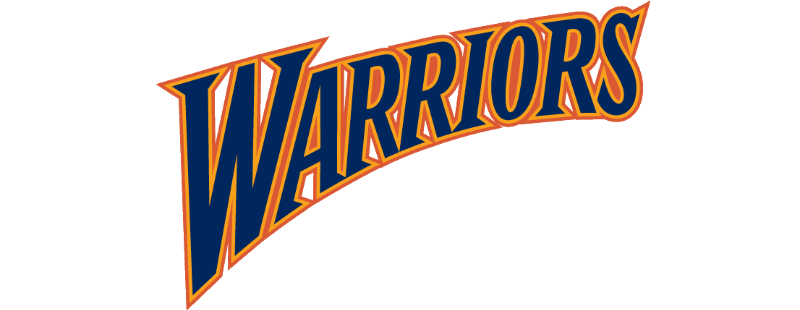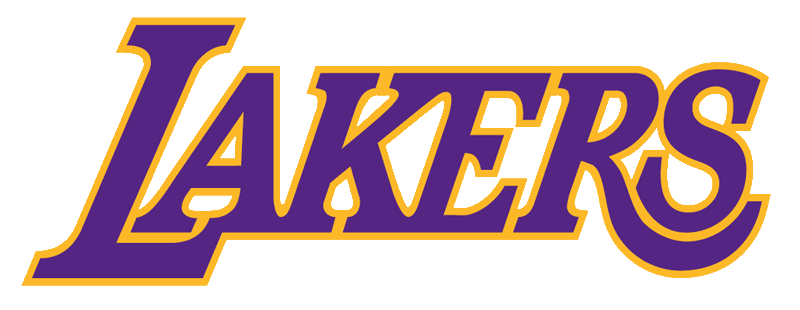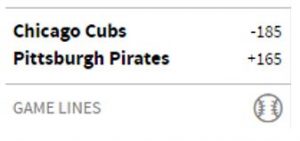The NCAA came down hard on the universities who had taken part in the point-shaving due to the severity of the crimes. Kentucky’s basketball team were suspended from playing during the 1952-1953 season but managed to recover and continue as one of the top programs in the country, winning national titles in 1996, 1998 and 2012.
LIU were not so fortunate, and were forced to drop all athletic programs from 1951 to 1957, while CCNY’s incredible double championship side from 1950 were soon forgotten as the school fell from Division I competition all the way down to Division III.
Another sanction which was handed out, meant that New York City did not host an NCAA March Madness Tournament game for 63 years. This ruling came to an end in 2014, when Madison Square Gardens was chosen to host the East Regional semi-finals and final which saw eventual national champions UConn prevail. The New York Daily News welcomed the NCAA Tournament back with a historical look at college basketball in their city, calling it the Mecca of Basketball.
How do offshore odds work?
These days, things have changed, and Las Vegas awaits the odds from the vast array of sportsbooks before setting their lines for each sporting event. Due to the sheer number of offshore websites, there is much less discrepancy in the lines these days than there was traditionally. This is done to avoid a large numbers of wagers on one side, with sportsbooks now waiting to see what the odds are elsewhere online before following suit. Some of the bigger online bookmakers have limits which exceed the standard bets accepted in Las Vegas.
The sportsbooks must make sure they don’t undercut themselves, by providing a better value straight bet than their rivals which would likely see them forced into making a big pay out. If the general consensus has the Spurs-6 and a sportsbook releases a line of the Spurs-4, they will be hit with big money on San Antonio, and likewise if they released Spurs-8 then a large majority of the bets would be placed on the underdog.
How are Vegas Odds different to European Odds?
The presentation of offshore odds will differ from sportsbook to sportsbook, depending on whether the audience is European or American. Online bookmakers which are targeting European bettors will show their odds as a decimal, whereas Americans will be familiar with using the fractional format.
Decimal odds which are used in Europe by bookmakers such as Ladbrokes, William Hill and Sky Bet have a numerical representation which includes the stake amount when showing the potential returns of a bet. For instance, decimal odds of 2.25 means that a $100 bets would pay out $225 in total, with a profit of $125.
On the flip side, the vast majority of sportsbooks post their odds in the American format, with some which target European bettors doing likewise to allow customers to view odds presented in the same way they are most familiar with. Bovada is an example of a sportsbook covering all of the popular sports which uses the American format incorporating the money line
.
American odds begin with either a positive or negative symbol, e.g. -120, or +105. A positive number indicates how much profit you will get if you bet $100, meaning that if you bet $100 on a winner with odds of +105, then $105 profit will be made from the bet.
A negative number shows how many dollars you must wager to make $100 profit meaning that if you bet $120 on an outcome which wins with odds of -120 then will make you $100 dollars, plus the original stake.
In the example below, you would have to bet $110 on the Golden State Warriors to win the NBA Championship to make $100 profit, whereas if you bet $100 on the Portland Trail Blazers, you would make $10,000 profit.
The second example, shows the moneyline for a Major League Baseball game, and if you placed a bet of $185 on the Chicago Cubs, you would make $100 profit, whereas if you placed a wager of $100 on the Pittsburgh Pirates, you would make $165 in profit.




